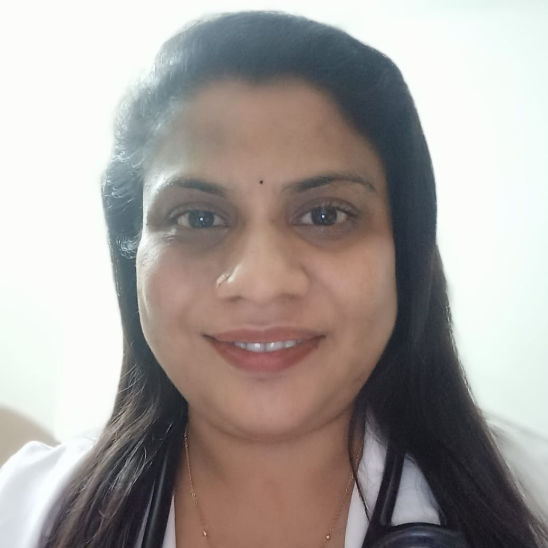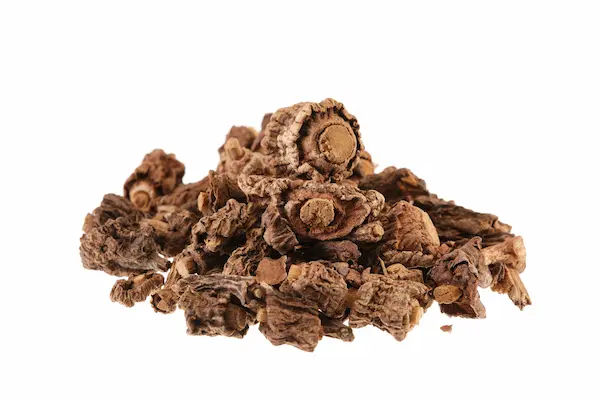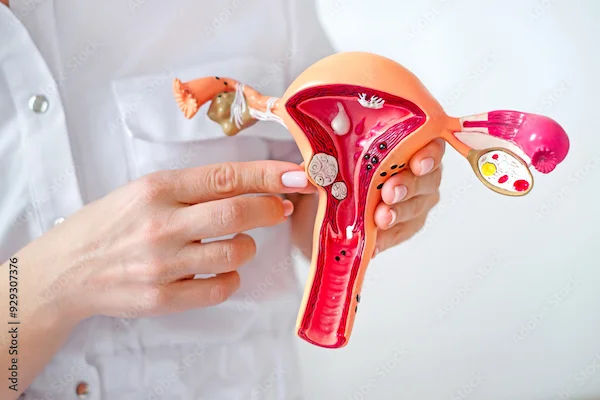Understanding Shoulder Arthroscopy Procedures
Discover what shoulder arthroscopy involves, including procedure steps, recovery time, and benefits for treating joint pain, injuries, and improving shoulder mobility.

Written by Dr. M L Ezhilarasan
Reviewed by Dr. Rohinipriyanka Pondugula MBBS
Last updated on 13th Jan, 2026

Shoulder pain can be frustrating and limit your daily activities. If you’ve been struggling with persistent shoulder discomfort, your doctor may have recommended a shoulder arthroscopy—a minimally invasive procedure to diagnose and treat shoulder problems. If you’re unsure what this means or feeling nervous about it, don’t worry! This article will guide you through everything you need to know in simple, friendly terms.
What Is Shoulder Arthroscopy?
Shoulder arthroscopy is a surgical procedure where a small camera (called an arthroscope) is inserted into your shoulder joint through tiny incisions. This allows the surgeon to see inside your shoulder without making large cuts. Depending on the issue, the doctor may also use small instruments to repair damaged tissues during the same procedure.
Why Is It Done?
Shoulder arthroscopy helps diagnose and treat various shoulder problems, including:
- Rotator cuff tears (tendons that help lift your arm)
- Shoulder impingement (pinching of tendons or bursa)
- Frozen shoulder (stiffness and pain)
- Labral tears (damage to the cartilage around the shoulder socket)
- Loose bone fragments or cartilage
- Arthritis-related damage
Consult Top Specialists
How Does Shoulder Arthroscopy Work?
Here’s how a shoulder arthroscopy works:
Before the Procedure
1. Consultation: Your doctor will review your symptoms, medical history, and may order imaging tests (X-rays, MRI) to confirm the issue.
2. Preparation: You may need to fast for a few hours before surgery. Follow your doctor’s instructions on medications.
During the Procedure
- You’ll be given local or general anaesthesia (so you won’t feel pain).
- The surgeon makes small incisions (about the size of a keyhole) near your shoulder.
- The arthroscope is inserted to examine the joint, and tiny surgical tools may be used to repair damage.
- The procedure usually takes 30 minutes to 2 hours, depending on the complexity.
After the Procedure
- You’ll be monitored briefly before going home the same day (outpatient procedure).
- A sling may be provided to support your shoulder.
- Mild pain and swelling are normal, but painkillers will help.
- Recovery time varies—some people return to light activities in a few weeks, while full recovery may take months.
Benefits of Shoulder Arthroscopy
- Minimally invasive: Smaller cuts mean less pain and faster healing.
- Accurate diagnosis: Direct visualisation helps detect problems better than imaging alone.
- Quick recovery: Most patients resume normal activities sooner than with open surgery.
Possible Risks
Like any surgery, shoulder arthroscopy has some risks, though they are rare:
- Infection
- Bleeding
- Nerve or blood vessel damage
- Stiffness or weakness
Your surgeon will discuss these risks and take precautions to minimise them.
How to Prepare for Shoulder Arthroscopy?
1. Follow Pre-Op Instructions: Avoid eating/drinking if advised.
2. Arrange Help: You may need someone to drive you home.
3. Wear Comfortable Clothing: Loose sleeves make dressing easier post-surgery.
4. Ask Questions: Clear any doubts with your doctor beforehand.
Recovery Tips
To ensure smooth healing:
- Rest & Protect Your Shoulder: Avoid heavy lifting or sudden movements.
- Follow Physical Therapy: Gentle exercises will restore strength and flexibility.
- Manage Pain & Swelling: Use ice packs and prescribed medications
- Eat a Healthy Diet: Protein-rich foods aid tissue repair.
- Attend Follow-Up Appointments: Helps track recovery progress.
When to Call Your Doctor?
Contact your doctor if you notice:
- Severe pain not relieved by medication
- Fever or signs of infection (redness, pus)
- Numbness or unusual swelling
Can You Avoid Surgery?
In some cases, non-surgical treatments like rest, physical therapy, or injections may help. However, if pain persists or mobility is severely affected, arthroscopy may be the best option.
Conclusion
Shoulder arthroscopy is a safe and effective way to diagnose and treat shoulder problems with minimal downtime. If you’ve been advised to undergo this procedure, understanding what to expect can ease your worries.
If you're experiencing persistent shoulder pain, consult a specialist to explore your options. Apollo 24|7 offers expert orthopaedic care—you can easily book a consultation online.
Consult Top Specialists
Consult Top Specialists

Dr. Rajib Ghose
General Physician/ Internal Medicine Specialist
25 Years • MBBS
East Midnapore
VIVEKANANDA SEBA SADAN, East Midnapore

Dr. Anand Misra
General Physician/ Internal Medicine Specialist
14 Years • MBBS, DNB
Mumbai
Apollo Hospitals CBD Belapur, Mumbai

Dr. Aakash Garg
Gastroenterology/gi Medicine Specialist
12 Years • MBBS, DNB (Medicine), DrNB (Gastroentrology).
Bilaspur
Apollo Hospitals Seepat Road, Bilaspur
(150+ Patients)

Dr. Swaroopa Rani
General Physician/ Internal Medicine Specialist
9 Years • MBBS, MD (Internal Medicine)
Bengaluru
Apollo Medical Center, Marathahalli, Bengaluru

Dr Sujay P R
General Physician/ Internal Medicine Specialist
4 Years • MBBS
Bengaluru
Apollo Medical Center, Marathahalli, Bengaluru
Consult Top Specialists

Dr. Rajib Ghose
General Physician/ Internal Medicine Specialist
25 Years • MBBS
East Midnapore
VIVEKANANDA SEBA SADAN, East Midnapore

Dr. Anand Misra
General Physician/ Internal Medicine Specialist
14 Years • MBBS, DNB
Mumbai
Apollo Hospitals CBD Belapur, Mumbai

Dr. Aakash Garg
Gastroenterology/gi Medicine Specialist
12 Years • MBBS, DNB (Medicine), DrNB (Gastroentrology).
Bilaspur
Apollo Hospitals Seepat Road, Bilaspur
(150+ Patients)

Dr. Swaroopa Rani
General Physician/ Internal Medicine Specialist
9 Years • MBBS, MD (Internal Medicine)
Bengaluru
Apollo Medical Center, Marathahalli, Bengaluru

Dr Sujay P R
General Physician/ Internal Medicine Specialist
4 Years • MBBS
Bengaluru
Apollo Medical Center, Marathahalli, Bengaluru




